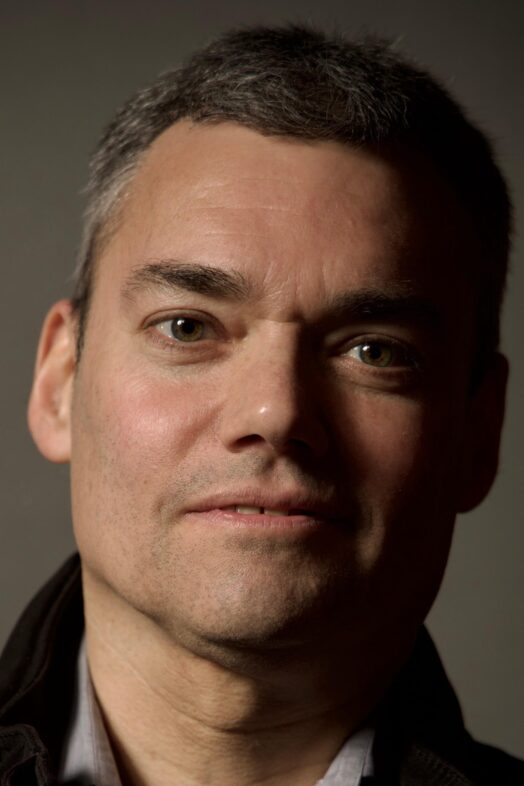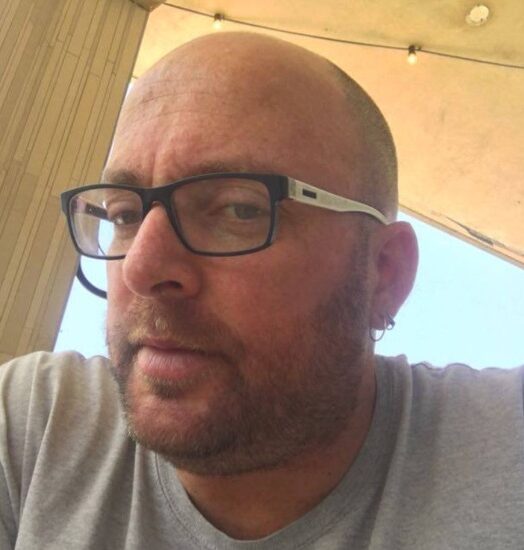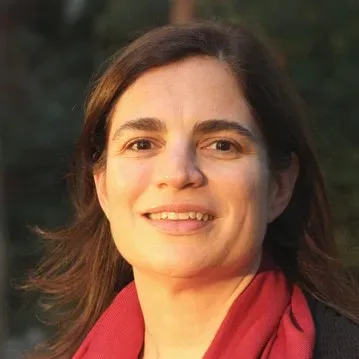Americans Eventually Rejected the GWOT. Will Israelis Reject Their War on Gaza?
September 11th broke American society in ways that have never been repaired, spurring rampant Islamophobia, violations of civil liberties, and massive military build-up, all of which remain present today. In addition, the United States has yet to answer for the toll on American military families, as well as the destruction it rained down upon Afghanistan, Iraq, and other countries in the Middle East after 9/11. It took years before criticism of the Global War on Terror became acceptable, but now a majority of Americans view these wars as costly and futile mistakes.
October 7th similarly broke Israeli society, and the government continues to draw upon a thirst for revenge to justify genocidal actions in Gaza. As we reflect on the almost quarter century that has elapsed since the 9/11 attacks, we hope that Americans’ eventual rejection of endless wars might offer lessons for how to shift the views of Israelis, and how to do so before all prospects for peace are destroyed.
The Quincy Institute held a timely discussion with Israeli historian Ori Goldberg, Yale University law professor and Quincy Institute non-resident fellow Aslı Bâli, and Jewish Currents editor-at-large Peter Beinart, moderated by Quincy Institute research fellow Annelle Sheline.
Program
Topics
Countries/Territories
Entities
Panelists
Aslı Ü. Bâli is Howard M. Holtzmann Professor of Law at Yale Law School and a non-resident fellow at the Quincy Institute. Prior to joining Yale, she was Professor of Law at UCLA, founding faculty director of the Promise Institute for Human Rights and director of the UCLA Center for Near Eastern Studies. Her teaching and research focus on public international law — particularly human rights law — and comparative constitutional law, with a focus on the Middle East. She is widely published in leading law journals, peer-reviewed social science journals and is co-editor of two volumes on comparative law published by Cambridge University Press. Bâli currently serves as President of the Middle East Studies Association of North America, co-chair of the Advisory Board for the Middle East Division of Human Rights Watch, and on the board of the American Journal of International Law.

Peter Beinart
Peter Beinart contributes frequently to The New York Times, is editor-at-large of Jewish Currents and writes The Beinart Notebook on Substack.com. He is a professor of journalism and political science at The Newmark School of Journalism at the City University of New York. He is also a non-resident fellow at the Foundation for Middle East Peace and a CNN political commentator. His work centers on the nexus of domestic and foreign policy and politics. From 1999 to 2006, he was the editor of The New Republic. His books include "The Good Fight", "The Icarus Syndrome" and "The Crisis of Zionism".

Ori Goldberg
Ori Goldberg holds a Phd in Middle Eastern history, specializing in revolutionary Iranian Shi'i thought. He has published two books with Cambridge University Press and has taught and lectured at universities from Beijing to Oslo. He has worked as a consultant for the Israeli PM's office and has taught at the Israeli National Defense College. Today Ori is an independent commentator and analyst based in Israel. He appears regularly on various networks, from Sky News and the BBC to Aljazeera and DAWN in Pakistan.
Annelle Sheline is a research fellow in the Middle East program at the Quincy Institute. She previously served as a Foreign Affairs Officer at the U.S. Department of State’s Bureau of Democracy, Human Rights, and Labor’s Office of Near Eastern Affairs (DRL/NEA), before resigning in March 2024 in protest over the Biden administration’s Gaza policy. She is a senior non-resident fellow at the Arab Center of Washington DC and a non-resident fellow at Rice University’s Baker Institute for Public Policy. She holds a PhD in political science from George Washington University.




